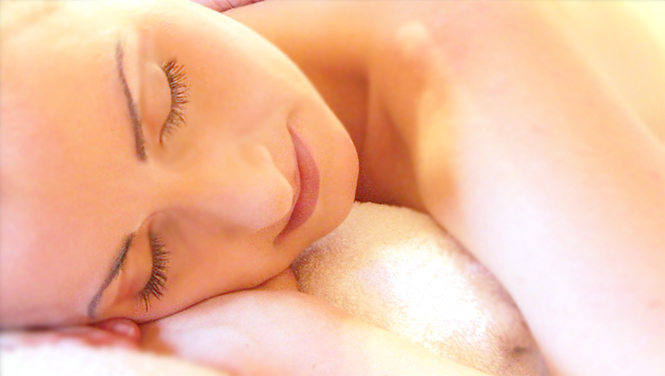
Using flash cards, mnemonics, hiring tutors, and even going as far as cheating or taking “study drugs“, people sometimes go to extreme lengths in order to increase their academic performance. It is a good thing to strive for excellence in school, but it is best to understand the natural ways to optimize your mental capacity.
Related: Brain Gets Rid of Toxins During Sleep
One of the most common ways by which students try to squeeze extra study time is by staying up late, however, a recent study in Belgium suggest that may be counter-intuitive to getting better grades. The research found students who slept longer hours had significantly higher grades during the exam period. It certainly supports an earlier study on “sleep spindles” that suggested sleep acts as the brain’s trash collector allowing more room for newer memories to be garnered thus improve learning.
The researchers surveyed 621 freshmen about the quality of their sleep during exam period and correlated their reports to their exam results. As expected the results show, according to study co-author Dr. Stijn Baert, “…students who generally got a good night’s sleep performed better on exams,” but the researchers found more compelling results.
Even after accounting for other variables such as socioeconomic background, health and study habits, the results were indicative of significant increase in exam scores with better sleep. Students who extended their sleep duration from six hours to seven hours saw nearly 10 percent increase in their exam scores. They clarified it was not the quality of sleep, but the number of hours slept which contributed to increased academic performance.
Related: People Who Sleep More, Eat Less
Considering the fact that sleep deprivation is a common problem among teenage students, recent studies show that this particular student age group would benefit the most from extended sleep. Not only does extended sleep increase exam scores, but also helps achieve peak athletic performance among athletes. So whether a student is an aspiring scholar or an up and coming star athlete, extended sleep serves to compliment both of these college spectrum.
There some caveats in association with the correlation between extended sleep and exam scores. A common academic disclaimer is “correlation does not mean causation.” It is possible that the improvement in the students time management as they try to squeeze in the extra hour of sleep into their schedule cause them to be more mindful of time spent throughout their day. This in effect may have led to the students studying more and caused them to score better in the exams.
Also this is a very subjective situation where certain fields of study may have require different types of demands on the brain and may have varying benefits from extended sleep. I was once a student and I know from my personal experience that studying 4 hours and sleeping 4 hours can sometimes be better than sleeping 7 hours and studying for just an hour.
Conclusion
As science progresses, the benefits of better sleep becomes more and more documented which states the vast influence sleep has not only on the quality of our waking hours, but on our overall intellectual performance. If you are a student or an adult professional or both, make sure to include extended sleep in your health regimen.

